March 10, 2020
Graduate student Divya Bezwada is a Ruth L. Kirschstein NRSA Predoctoral Fellow in Children’s Medical Center Research Institute (CRI). In the DeBerardinis lab, she works as part of an interdisciplinary team of clinicians and scientists to study kidney cancer directly in patients. She uses isotope tracing to understand how kidney cancers support their metabolic needs and hopes to provide more therapeutic and diagnostic options for patients.
What are you researching?
My research focuses on identifying the fuel sources kidney tumors depend on to grow and understanding how human kidney cancers break down (metabolize) different nutrients. I work with a great team of surgeons, nurses, and physicians to infuse stable isotope-labeled nutrients into patients during their surgery. Back in the lab, we study the tumor samples from these patients to understand how kidney tumors break down the labeled nutrients to support their various needs.
We combine the tracer studies with more traditional mechanistic studies in cultured cell lines and mouse models to rigorously dissect patient observations. The two areas I am most excited about are related to the spread of cancer (metastasis) and nutrient fuel utilization. There are some distinguishable ways between how a primary kidney cancer (i.e., cancer still in the kidney) and kidney cancer that has metastasized (i.e., spread to other parts of the body) use nutrients in patients. I hope that, down the line, we are able to capitalize on our current work to provide more therapeutic and/or diagnostic options for kidney cancer patients.
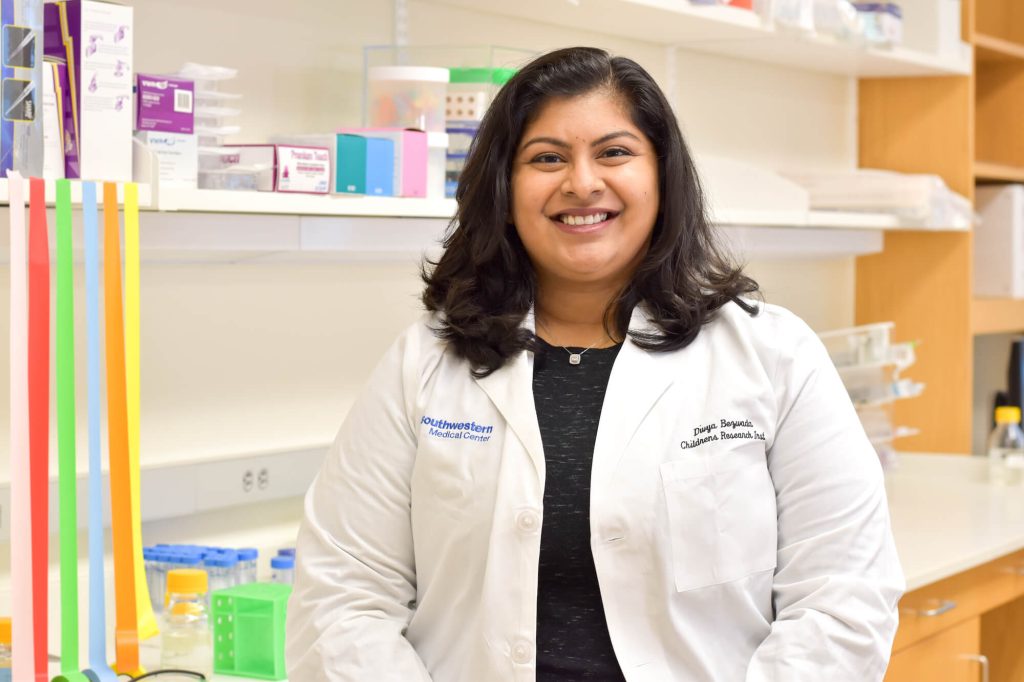
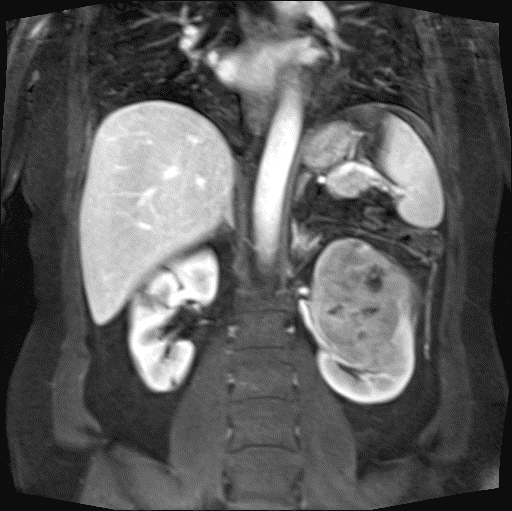
Who inspires the work you do?
The patients I work with. I am incredibly fortunate to work with patients and see them once a week in clinic with my clinical mentor, Vitaly Margulis. The infusion studies have no immediate benefit to the patients who volunteer, but oftentimes, patients still want to participate in the hopes that we can help others with kidney cancer. The patients we see are incredibly generous with their time, and they are our most important collaborators. It is humbling and gratifying to work with them.
What’s your favorite spot at the institute?
Stacy’s old desk. Stacy Yuan was an MSTP student in Sean’s lab and my partner in crime in CRI. Sean would always laugh when he saw the two of us together. Stacy’s desk was (and still is) in a bay that houses some awesome friends, so I have some great memories there. My second favorite spot is the metabolomics core area because I spend a lot of time back there, and the folks who run that core are very helpful, kind, and just incredibly pleasant people to spend time with.
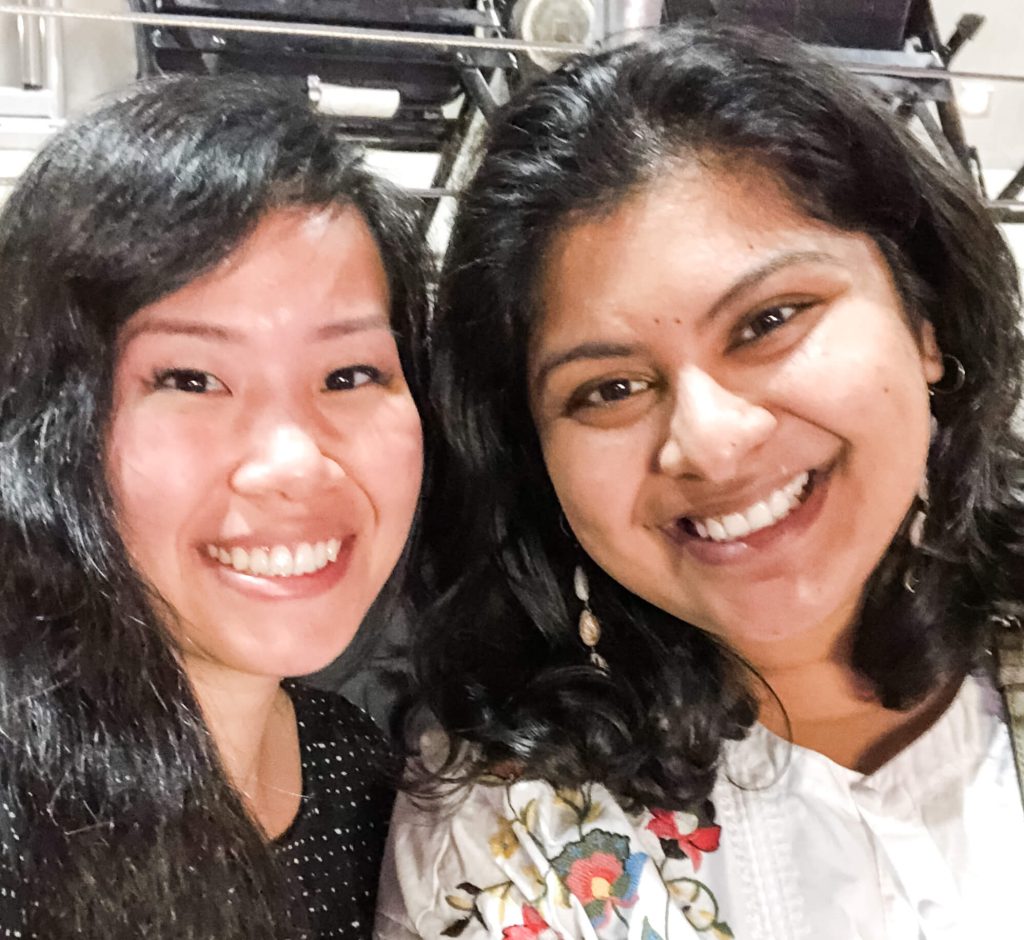
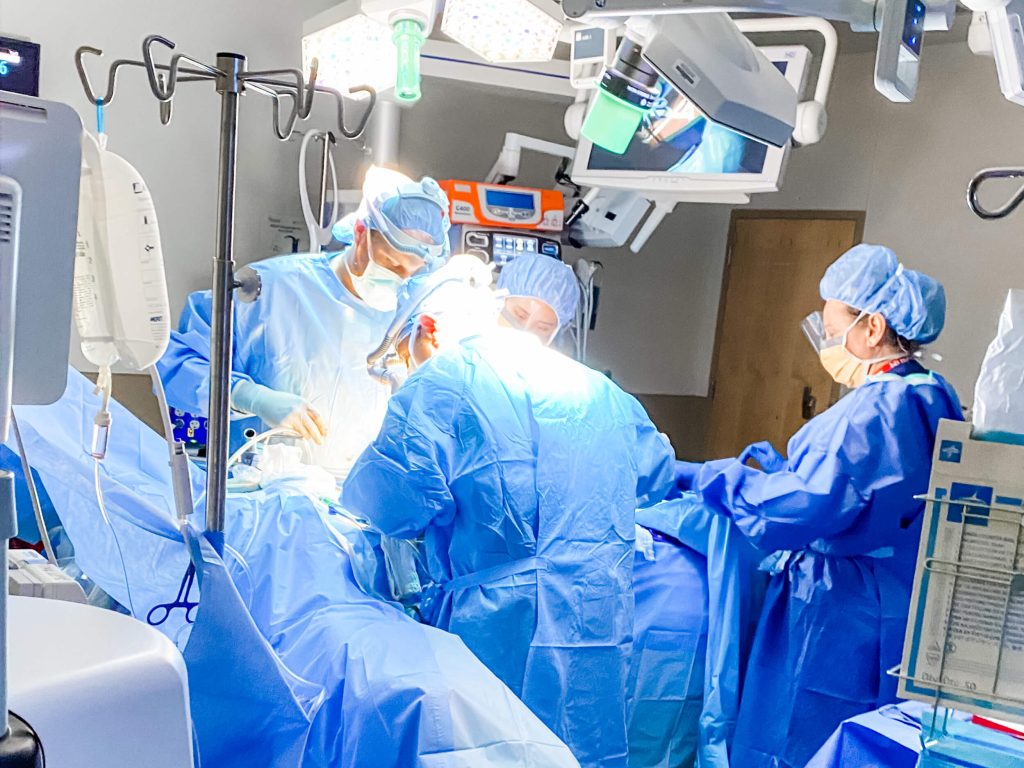
How did you end up in CRI?
I knew I wanted to study cancer metabolism and/or metastasis for my graduate work. When I was choosing grad schools, I made a short list of PIs I wanted to work with and went through the list with one of my mentors who highly recommended both Ralph DeBerardinis and Sean Morrison. I talked to both Ralph and Sean about rotations before I chose a school, and knowing that both labs were an option made a huge difference for me in coming to UT Southwestern. It wasn’t until I got here that I realized the DeBerardinis and Morrison labs were right next to each other in the same department.
I actually have an email from Ralph pinned to my desk after I told him I had accepted UT Southwestern’s offer. I remember the excitement I had for starting grad school and meeting Sean and Ralph and their respective labs when I received it. It’s been a great ride, and I would do it all over again.
What would you be if you were not a scientist?
I would be in human rights law or working with children’s literacy organizations. I had access to many educational opportunities primarily because of the sacrifices and hard work of my parents. I often think about that, and I know not everyone is lucky enough to be in the position that I am in. In another life, I would devote my time to expanding educational access for girls, particularly in India.
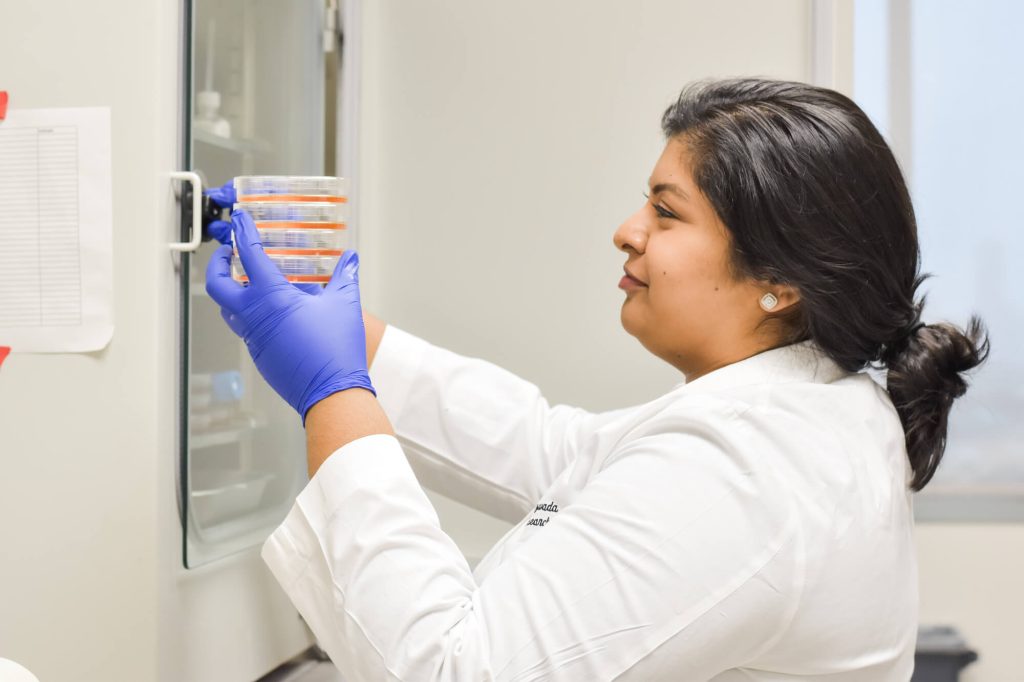
© 2025 Children’s Research Institute Dallas Texas | Privacy | Site Policies